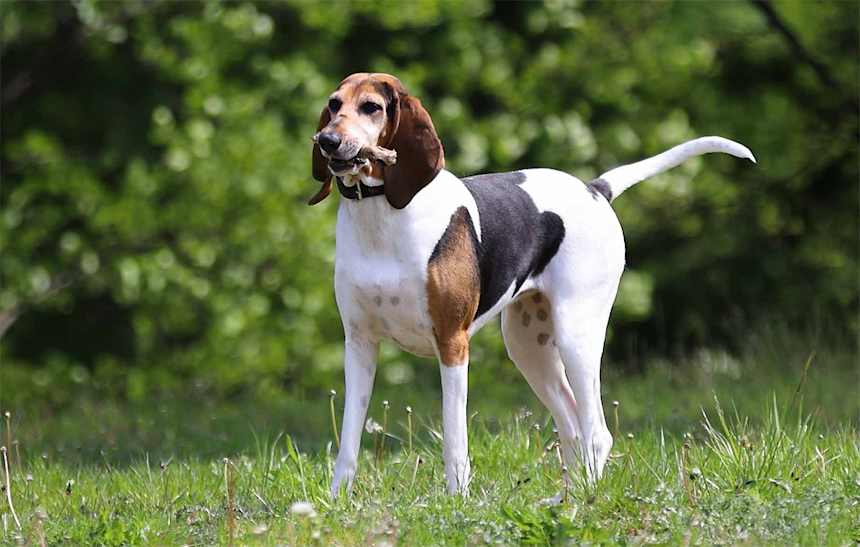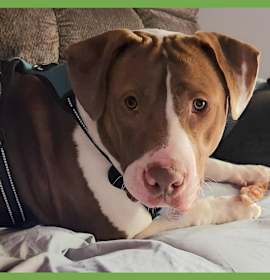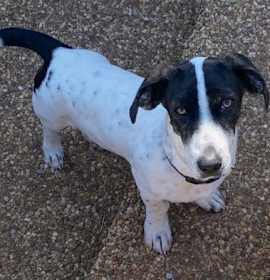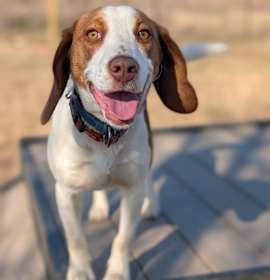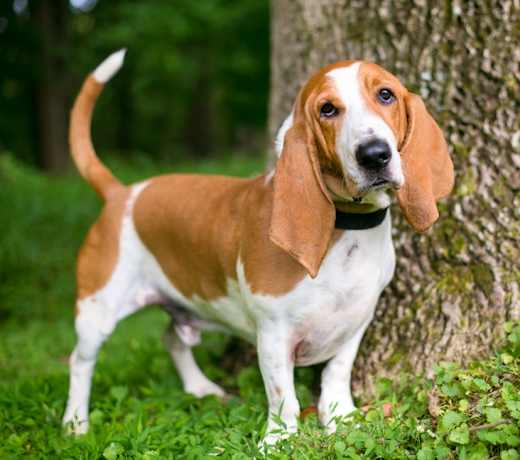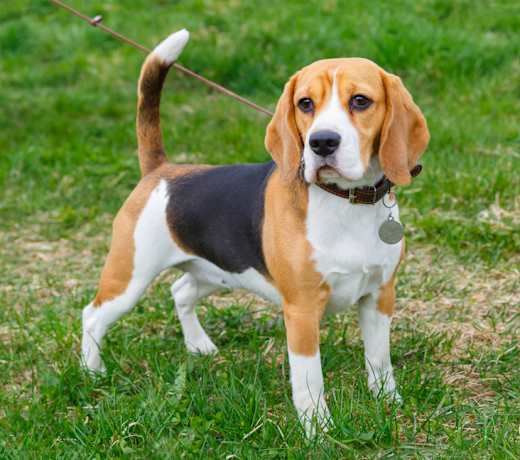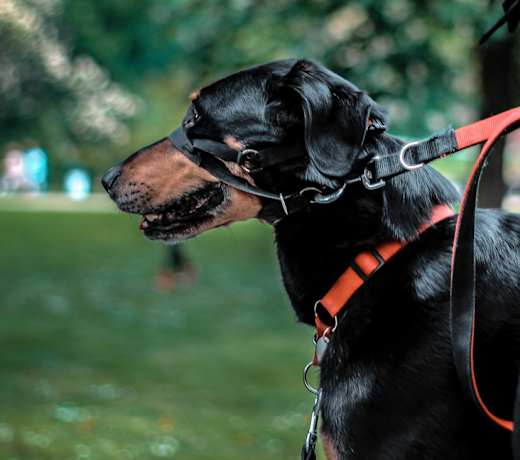Halden Hounds are medium to large-sized dogs. Males stand 20 to 23 inches tall at the shoulder and can weigh 50 to 55 pounds. Females are typically slimmer and shorter, measuring about 17 to 20 inches and weighing 40 to 45 pounds.
Factors that can influence their final size include genetics, diet, and overall health during their puppy stage. Proper nutrition, especially during their growing months, plays a big role in their development, and regular exercise helps them build healthy muscle. Genetics from their lineage also greatly affect whether they end up on the larger or smaller side of the breed’s range.
